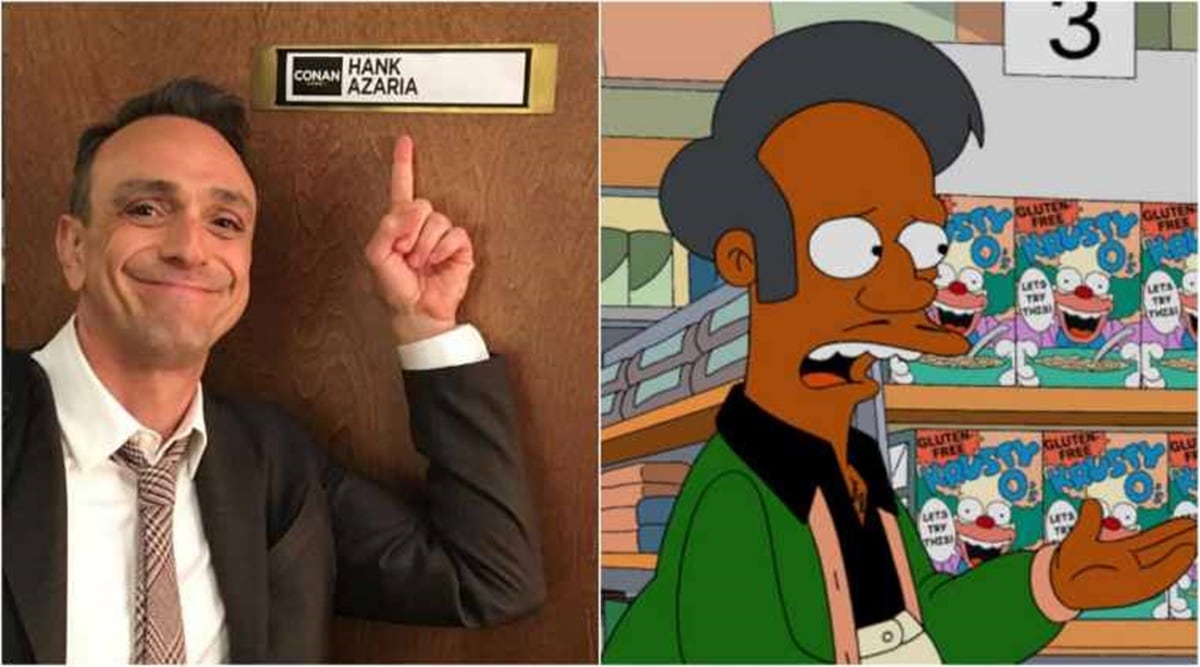Hank Azaria said he once met a 17-year-old Indian, who hadn't watched the show but knew what Apu meant. The actor said the boy "had tears in his eyes."
American actor Hank Azaria says his character of Apu Nahasapeemapetilon on the popular sitcom The Simpsons is “practically a slur” right now, and the Hollywood star feels apologetic for endorsing racial stereotypes through the role.
The long-running animated sitcom had Azaria lending voice to the Indian character, which has drawn criticism over the last few years owing to its racially stereotypical behavior, combined with the fact that it was voiced by a Caucasian actor, according to The Hollywood Reporter.
Azaria, who quit the show last year saying he didn’t feel right playing the part, discussed on a recent podcast with actor Dax Shepard the lessons he learnt from starring on the show. The actor shared he took several seminars and even spoke to Indians to understand why the character was problematic, before taking the decision to quit The Simpsons.
During one such interaction with a 17-year-old Indian, Azaria said though the teenager hadn’t ever watched the show, he understood what Apu stood for. “I was speaking at my son’s school, I was talking to the Indian kids there because I wanted to get their input. A 17-year-old … he’s never even seen The Simpsons but knows what Apu means. It’s practically a slur at this point. All he knows is that is how his people are thought of and represented to many people in this country,” Azaria said.
The actor revealed the boy, “with tears in his eyes,” asked him to tell Hollywood writers that what they do has consequences on people’s lives. Azaria told him he would deliver the message. At this point on the podcast, the actor said it’s important for him to apologise to Indian for reinforcing problematic tropes through his art.
“I really do apologise. It’s important. I apologise for my part in creating that and participating in that. Part of me feels like I need to go to every single Indian person in this country and personally apologize. And sometimes I do.” Azaria also said he was a big champion of people of color voicing characters of color and diversification in writers’ rooms.
Source: Read Full Article


